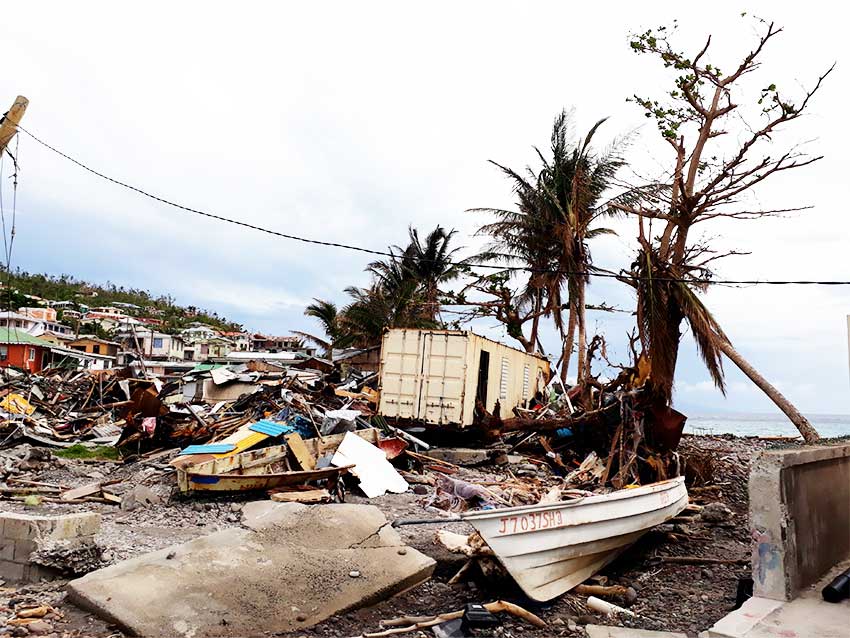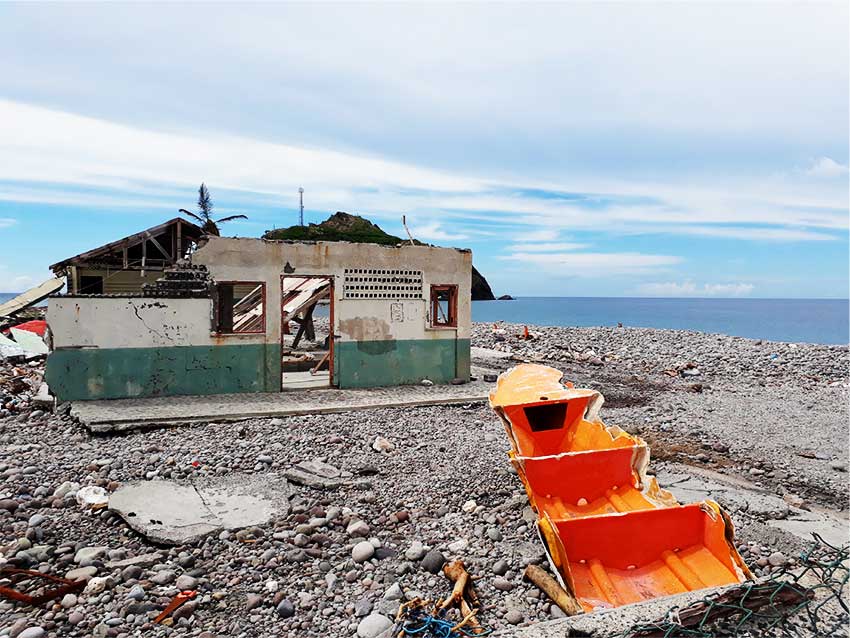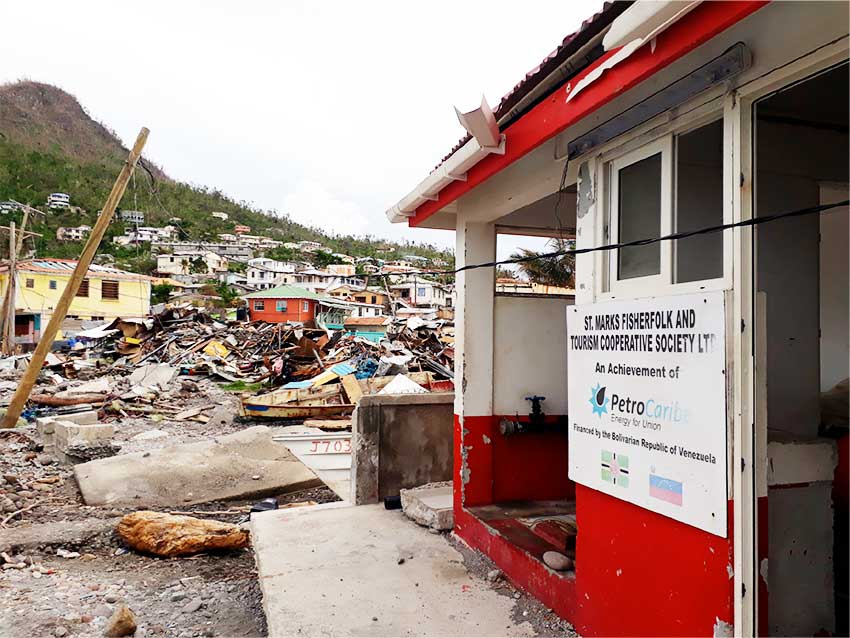Protocol endorsed on Climate Change Adaptation and Disaster Risk Management in Fisheries and Aquaculture in the Caribbean
PRESS RELEASE – The Caribbean fisheries sector has been identified as particularly vulnerable to climate change, resulting in the recent development of a regional Protocol on Climate Change Adaptation and Disaster Risk Management in Fisheries and Aquaculture, building onto the Caribbean Community Common Fisheries Policy (CCCFP).
It is hoped that this protocol can provide pragmatic tools and measures to assist countries and stakeholders to adapt to climate change impacts and improve resilience of the fisheries sector by fostering collaboration and sharing of good practices.

Direct and indirect climate change impacts such as sea level rise, sea surface temperature increases, ocean acidification and increased severity of storms and hurricanes pose an extreme threat to the fisheries sector in Small Island Developing States (SIDS). These impacts exacerbate pre-existing stresses on marine and coastal ecosystems such as overexploitation, pollution and illegal, unreported and unregulated fishing practices; consequences are felt at the level of the fisheries harvest and post-harvest sectors as well as at the national level.
In recent years, incidents related to the impacts of climate change have become more pronounced throughout the region. The increased severity of storms and hurricanes is having catastrophic effects on fisheries through the disruption of fishing activity and damage to fishing vessels, gear, and coastal infrastructure. It has also reduced the safety of fishers at sea, and jeopardized the wellbeing of fishers and fishing communities. This was exemplified
when the most powerful Atlantic Ocean hurricane in recorded history, Hurricane Irma, made landfall on the islands of the northeast Caribbean in September 2017. In Antigua and Barbuda damages of Hurricane Irma were most profound in Barbuda. It destroyed nearly 70% of the fishing vessels in Barbuda, 44% of the fishing pots were lost and fisheries facilities severely damaged. The passage of Hurricane Maria through Dominica, also in September 2017, caused US$2.5M in damages to the country’s fisheries sector.

Climate change is affecting the health of critical elements of coastal and marine habitats such as coral reefs, seagrasses and mangroves, and will significantly impact the distribution, abundance, seasonality, sustainability and production of fisheries in the Caribbean. Mass coral reef bleaching events have become five times more common worldwide over the past 40 years, with the Caribbean suffering from severe bleaching episodes in 2005 and 2010, leading to disease and death among various coral species. In recent years, the massive influxes of sargassum in the Caribbean have disrupted fisheries production and livelihoods throughout the region.
The fisheries harvest sector faces climate-related challenges such as reduced yields and increased risk to fishing boats, gear and techniques. Post-harvest activities may be impacted anywhere along the value chain after the catch is landed, such as handling and transportation, processing, preserving, storing and distribution of fish and fishery products. At the national level, climate change can impact the level of revenues, exports, per capita fish supply, and contributions of the fisheries sector to employment and Gross Domestic Product. It may also require changes to current management and legislation of fisheries.
The majority of populations in Caribbean SIDS live in coastal zones where there is a very high dependence on marine resources for livelihoods from fishing and tourism. It is therefore
not surprising that the fisheries sector supports the socio-economic viability of coastal communities by providing direct employment, livelihood and benefits to thousands of people in the region. As a result of climate change, one can therefore expect less fish to be available for consumption and livelihoods and employment of the population to be compromised while export revenues of countries are expected to decrease.

These urgent and ever-increasing threats to the Caribbean fisheries sector have been recognized at the regional and national policy level, resulting in the timely development of a regional Protocol on Climate Change Adaptation and Disaster Risk Management in Fisheries and Aquaculture.
The Protocol is a result of technical cooperation between the Caribbean Regional Fisheries Mechanism (CRFM) and the Global Environment Facility (GEF)-funded Climate Change Adaptation in the Eastern Caribbean Fisheries Sector (CC4FISH) Project of the Food and Agriculture Organisation of the United Nations (FAO).
It was approved by CARICOM States during the 8th Special Meeting of the CRFM Ministerial Council which was held in Barbados on the 11th of October, 2018 during the Caribbean Week of Agriculture, whereby ministers approved the Protocol to the CCCFP, promoting cooperation and collaboration among Caribbean people, fishers and governments in conserving, managing and sustainably using fisheries and related ecosystems, as well as improving the welfare and livelihood of fisherfolk in the region.
The region needs to recognize the role that donors and international development partners can play in supporting initiatives that strengthen climate resilience among fisheries, by providing tangible technical assistance and funding. External support is a critical element in overcoming development-related challenges to regional climate adaptation efforts and will be extremely beneficial in the successful implementation of the Protocol on Climate Change Adaptation and Disaster Risk Management in Fisheries and Aquaculture.






